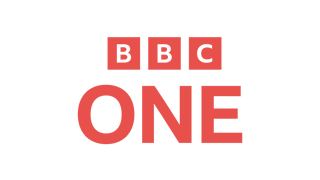The Impact of Channel 4 on UK Broadcasting

Introduction
Channel 4 has long been a pivotal player in the UK broadcasting landscape since its launch in 1982. Renowned for its commitment to innovative programming, it sets itself apart from other channels by commissioning content that reflects diversity and delivers unique perspectives. In the digital age, its relevance continues to grow as it adapts to changing viewer habits and technological advancements.
Current Programming and Innovations
In 2023, Channel 4 has maintained its reputation for pushing boundaries with groundbreaking shows. Original series like “Derry Girls” and documentary specials are challenging social norms and encouraging conversations on pressing issues. Additionally, the channel’s recent foray into digital content with the All 4 streaming platform provides audiences with a convenient way to access programming anytime, anywhere.
The channel’s commitment to diversity is also evident in its 2023 initiative to promote underrepresented voices in the industry, aiming to ensure that its content mirrors the UK’s multicultural society. With various shows catered to niche audiences, like “Queer Eye UK,” the network continually seeks to engage viewers from all walks of life.
Challenges and Future Directions
Despite its achievements, Channel 4 faces challenges in a rapidly evolving media landscape. Increasing competition from streaming giants like Netflix and Amazon Prime Video poses a threat to traditional broadcasting models. To combat this, Channel 4 is exploring partnerships and newer formats to reach younger audiences while remaining true to its core public service mission.
Furthermore, as funding constraints loom—especially with the government’s ongoing discussions around the future of public broadcasting—Channel 4 looks into innovative revenue streams, including advertising and sponsorship models that align with its values. The focus on sustainability and ethical broadcasting practices is expected to resonate with younger viewers who prioritise corporate social responsibility.
Conclusion
As Channel 4 navigates these challenges, its embrace of change while honouring its unique identity is crucial for future success. The channel’s commitment to diversity, creativity, and adaptability positions it well to remain a staple of British media for years to come. Viewers can expect more engaging and socially relevant content while the channel continues to evolve and redefine itself within the broadcasting industry.









